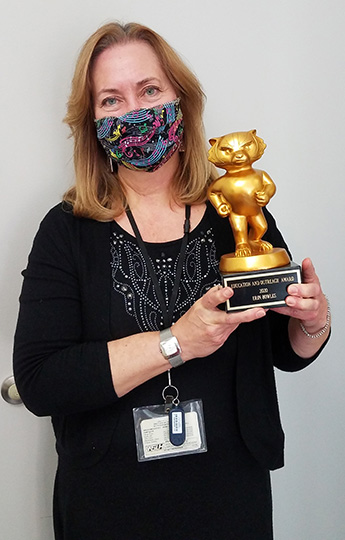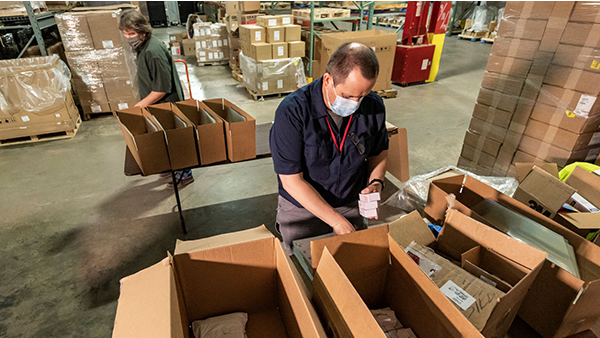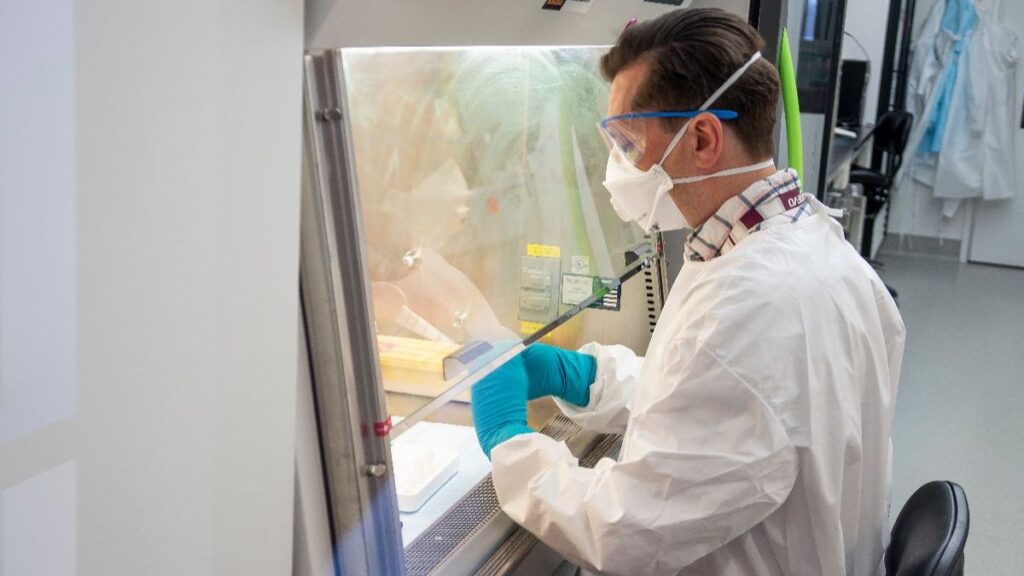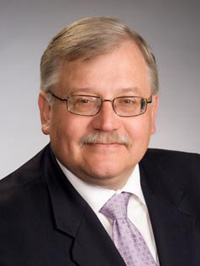Watch our webinar for an opportunity to receive a free CE credit upon completion
So, you’ve failed a proficiency test–now what? While it may be difficult to move to a course of action in the moment, preparing for this scenario ahead of time can give clinical laboratory professionals the tools we need to do so, with more ease. WSLH Proficiency Testing is offering you access to a new ASCLS P.A.C.E. certified webinar, developed in partnership with the Wisconsin Clinical Laboratory Network (WCLN).
This webinar aims to help participants know how to follow-up, prepare, and prevent common scenarios in clinical proficiency testing. While this webinar was originally created for the WCLN, WSLH Proficiency Testing is now offering you the same educational opportunity. We hope that this webinar will provide you with useful information to share with your staff. You may access and progress through the webinar at your own pace. Upon completion, you will have an opportunity to earn a free CE credit.
At the end of this webinar, participants will be able to:
- Identify clinical proficiency testing best practice
- Increase knowledge of labs’ experiences with conducting proficiency testing
- Explain what a laboratory must do when they have a proficiency testing failure
Participants will be able to take away key insights from WSLH Proficiency Testing’s technical coordinators serving on the webinar panel: Ann Hennings, MLS (ASCP) and Rhonda Stauske, MLS (ASCP). This P.A.C.E. certified webinar is graded at an intermediate level, meaning the educational content serves mostly as a refresher course with some basic knowledge of proficiency testing required for a participant to successfully complete the program objectives.
Oh no! I’ve failed a proficiency test–Now what? webinar
Please click the following link to access the free, archived P.A.C.E certified webinar
for an opportunity to earn a C.E. credit upon completion: https://slhstream2.ad.slh.wisc.edu/Mediasite/Play/72ee607528264590a210cf03037e54241d
Note:
You will need to login (or register for free, if you are not a member) on the ASCLS CE Organizer webpage in order to claim your free CE credit. Once logged in, please click the Claim Credit tab in the top navigation bar. Then click on the ASCLS State and Regional tab to locate ASLCS-Wisconsin. You will find the webinar listed by date for November 2nd, 2022. Check the box to the right to select this credit. You will be prompted to enter in the information needed from there.

Over the past few months, our technical coordinators at WSLH Proficiency Testing collaborated with other experts at the Wisconsin State Lab of Hygiene (WSLH) to support an educational training opportunity, as part of a series of educational webinars offered by and for a network of clinical labs in Wisconsin. This network of clinical labs is known as the Wisconsin Clinical Laboratory Network (WCLN), which is coordinated by Erin Bowles, MLS (ASCP), who we featured in an article last year about her unique role as a medical laboratory professional in providing outreach and support to clinical labs throughout the State of Wisconsin. We also featured the history of the WCLN, which offers outreach and resources to support emergency preparedness, disease surveillance, laboratory diagnostics, training and education, and communications. WSLH Proficiency Testing collaborates with other entities at WSLH to add value to the labs we serve. From our most recent collaboration with the WCLN, we hope you find this webinar to be a helpful resource for your staff.
As part of WSLH Proficiency Testing’s mission to improve laboratory quality for all, providing educational opportunities to promote career competency and achieve leadership development goals are very important to us in our unique role as a PT provider that is backed by a national public health lab and a Big Ten University. To learn more about other resources we offer labs, please view our resources page on our website at: wslhpt.org/resources. If you are interested in online training and competency courses to offer to your entire staff as a benefit for their professional development, please keep in mind WSLH PT’s comprehensive offerings of online training and competency MLS courses.
If you have any questions about the content we cover in this free PACE certified webinar, please do not hesitate to reach out to WSLH Proficiency Testing: ptservice@slh.wisc.edu. Our team is happy to help yours, anytime. Supporting the quality of your lab is our mission.


 As a clinical lab professional, Erin participated in the WSLH’s Virology and TB Networks. She remembers the first outreach to the clinical laboratories when Pete Shult, then director of the Communicable Disease Division (CDD) at WSLH, and Carol Kirk, the original WCLN Coordinator, developed the WCLN. When the WSLH was hiring an assistant WCLN coordinator, Erin was intrigued. Erin actually heard about the job through a fax that came across her desk; as many of us may remember, this was during a time when fax machines were more commonly used than today.
As a clinical lab professional, Erin participated in the WSLH’s Virology and TB Networks. She remembers the first outreach to the clinical laboratories when Pete Shult, then director of the Communicable Disease Division (CDD) at WSLH, and Carol Kirk, the original WCLN Coordinator, developed the WCLN. When the WSLH was hiring an assistant WCLN coordinator, Erin was intrigued. Erin actually heard about the job through a fax that came across her desk; as many of us may remember, this was during a time when fax machines were more commonly used than today. Erin adds that WSLH PT’s educational bioterrorism preparedness exercise also helps laboratory professionals become more mindful of the longer 48-to-72 hour slow growth typical of hazardous pathogens, like Brucella sp. or Francisella sp. Most pathogens you encounter typically grow in about 24 hours.
Erin adds that WSLH PT’s educational bioterrorism preparedness exercise also helps laboratory professionals become more mindful of the longer 48-to-72 hour slow growth typical of hazardous pathogens, like Brucella sp. or Francisella sp. Most pathogens you encounter typically grow in about 24 hours.



